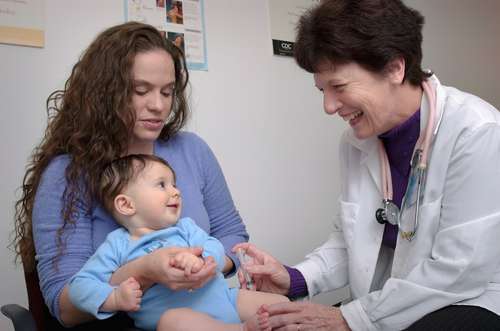Research has shown that Levothyroxine, the drug used to treat hypothyroidism, leads to reduced bone density in older adults. This thyroid drug is commonly prescribed in the United States where there is a high diagnosis of hypothyroidism in older adults. Levothyroxine is also linked to osteoporosis risk, a condition of public health concern.
Osteoporosis is a disease that weakens the bones, making them thinner and denser than normal. As you age, the bones become less dense and lose their ability to remodel (regrow). Hence, osteoporosis risk is higher in older adults regardless of the drugs they use. That said, research shows that this phase could be quickened in older adults with thyroid problems using levothyroxine.
Hypothyroidism Treatment: Levothyroxine
Levothyroxine is a drug common to the aging population suffering from thyroid gland problems. Hypothyroidism, also known as underactive thyroid occurs when the thyroid gland doesn’t produce the adequate amount of hormones necessary for the body. While hypothyroidism could affect anyone, it is common in women above 60 years of age.
Although the most common cause of hypothyroidism is Hashimoto’s disease, there are other causes like thyroiditis, iron deficiency, which could have been present from birth. Other than Levothyroxine, another hypothyroidism treatment is hormone replacement therapy.
As a drug, levothyroxine works by replacing the hormones the body can not naturally produce. This medication is used until the hormones balance up and eliminate the symptoms.
Hypothyroidism symptoms like fatigue, brain fog, depression, and weight gain, can be life-threatening if left untreated. If symptoms persist, it is important to consult a healthcare provider for a diagnosis and appropriate treatment. They can run tests and recommend appropriate treatments to help you get back on track.
Levothyroxine Use on Bone Density Loss
A recent study conducted by researchers from Johns Hopkins University School of Medicine in Baltimore, MD, showed that total body bone mass and density decreased in adults above the age of 65 who received levothyroxine over a 6-year follow-up period. The results of the study were presented at the Annual Meeting of the Radiological Society of North America on November 25, 2024.
Osteoporosis Risk in Older Adults
Women over 60 years are more likely to experience osteoporosis, especially those in postmenopause. As people age, the bones lose the ability to reform. Older adults with underlying illnesses like diabetes, rheumatoid arthritis and thyroid diseases have higher osteoporosis risk.
Some unhealthy lifestyles like drinking alcohol, and lack of exercise increase one's risk of having osteoporosis. To stay clear of this, you should take more supplements, exercise frequently and ensure you incorporate healthy routines into your lifestyle.
Wrapping Up
The study on the risk of levothyroxine on bone density loss, is a challenge to scientists to further research on substitute treatments, reduced doses or synergistic use of different drugs to tackle hypothyroidism. You can maintain good bone health by eating nutritious meals, maintaining a healthy weight and exercising.
Healthcare providers should frequently assess bone density and reevaluate thyroid hormone doses, especially for aging patients at risk of osteoporosis. Regular screening and adjusted dosing could mitigate bone health complications, allowing patients to balance thyroid management with overall well-being.




